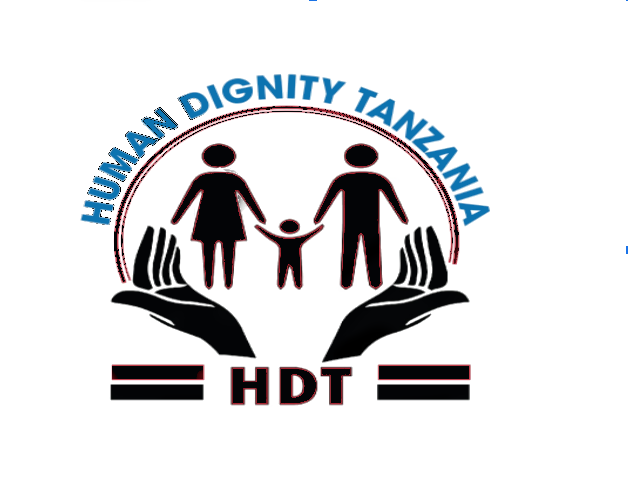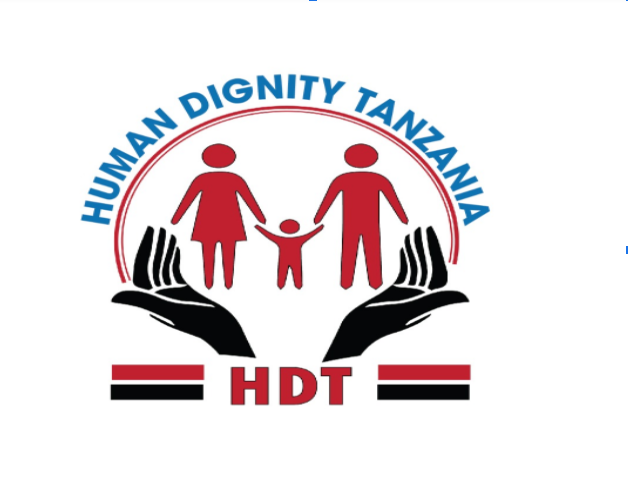Gender-sensitive training and training on the specific health needs of women in prison should be widely available in all prison systems. It is equally important that the prison officials develop a sense of empathy, learn how to resolve prison problems, learn how to see the inmates as works in progress, and treat them like a human resource and help create an environment favorable for the emotional, social, physical and psychological development of the inmates. Prison staff working with women detainees should be trained on the gender specific needs and human rights of women. This training should address prejudices about women detainees and assist prison staff to understand the disproportionate impact of imprisonment on women and how to minimise this, as well as how to meet their specific protection and health care needs. Prison staff should also be properly trained on the operational procedures that are designed to protect the rights and dignity of women (for example, on gender sensitivity in the conduct of body searches). Prison staff working with children should be trained on the rights, special considerations and protection needs of children in prison because of their young age and vulnerability. This includes international standards on the rights of the child and the principle of the best interest of the child, as well as basic training on child psychology and child welfare. Where children are allowed to stay with mothers in prison, staff should receive awareness-raising on child development and basic training on health care of children to be able to respond in times of need and emergency. We are aiming at providing prison staff with short training courses and regular refresher training on women prisoner's mental health vulnerabilities. Ensuring that appropriate educational materials such as pamphlets or handouts about mental health vulnerabilities and rehabilitation are distributed to prison staff and available all the time.




